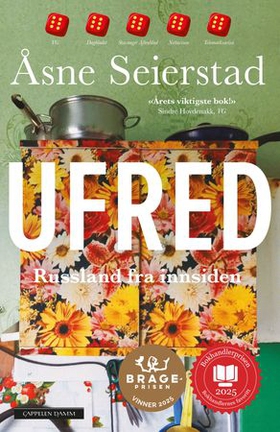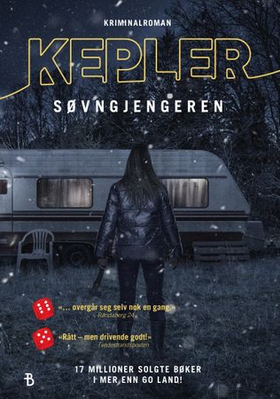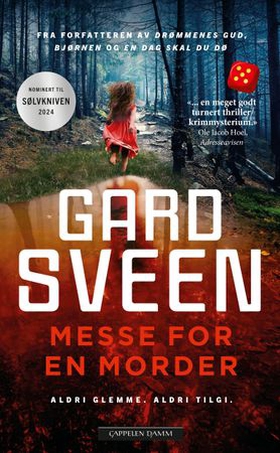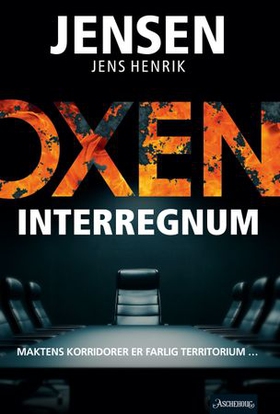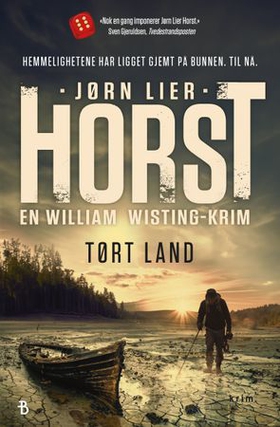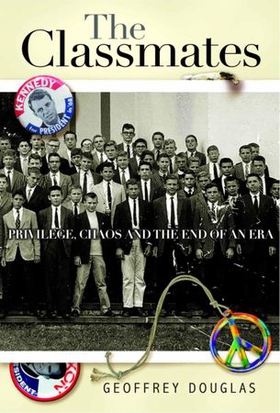
Legg til i ønskeliste
Les gratis utdrag
The Classmates ebok
119,-
Fifty years ago, in the fall of 1957, two thirteen-year-old boys were enrolled at an elite, boys-only New England boarding school. One of them, descended from wealth and eminence, would go on to Yale, then to a career as a navy officer and Vietnam war hero, and finally to the U.S. Senate, from where he would fall just short of the White House. The other was a scholarship student, a misfit giant of a boy from a Pennsylvania farm town who would suffer shameful debasements at the hands of his clas…
Andre har også kjøpt
Undertittel
Privilege, Chaos, and the End of an Era
Forlag
Grand Central Publishing
Utgitt
10 desember 2016
Sjanger
Språk
English
Format
epub
DRM-beskyttelse
LCP
ISBN
9781401395322
Fifty years ago, in the fall of 1957, two thirteen-year-old boys were enrolled at an elite, boys-only New England boarding school. One of them, descended from wealth and eminence, would go on to Yale, then to a career as a navy officer and Vietnam war hero, and finally to the U.S. Senate, from where he would fall just short of the White House. The other was a scholarship student, a misfit giant of a boy from a Pennsylvania farm town who would suffer shameful debasements at the hands of his classmates, then go on to a solitary and largely anonymous life as a salesman of encyclopedias and trailer parts--before dying, alone, twelve months after his classmate's narrow loss on Election Day 2004.
It is around these two figures, John Kerry and a boy known here only as Arthur, the bookends of a class of one hundred boys, that Geoffrey Douglas--himself a member of that boarding-school class--builds this remarkable memoir. His portrait of their lives and the lives of five others in that class--two more Vietnam veterans with vastly divergent stories, a federal judge, a gay New York artist who struggled for years to find his place in the world, and Douglas himself--offers a memorable look back to a generation caught between the expectations of their fathers and the sometimes terrifying pulls of a society driven by war, defiance, and self-doubt.
The class of 1962 was not so different from any other, with its share of swaggerers and shining stars, outcasts and scholarship students. Its distinction was in its timing: at the precise threshold of the cultural and political upheavals of the late 1960s. The world these boys had been trained to enter and to lead, a world very similar to their fathers', would be exploded and recast almost at the moment of their entrance--forcing choices whose consequences were sometimes lifelong. Douglas's chronicle of those times and choices is both a capsule history of an era and a literary tour de force.
It is around these two figures, John Kerry and a boy known here only as Arthur, the bookends of a class of one hundred boys, that Geoffrey Douglas--himself a member of that boarding-school class--builds this remarkable memoir. His portrait of their lives and the lives of five others in that class--two more Vietnam veterans with vastly divergent stories, a federal judge, a gay New York artist who struggled for years to find his place in the world, and Douglas himself--offers a memorable look back to a generation caught between the expectations of their fathers and the sometimes terrifying pulls of a society driven by war, defiance, and self-doubt.
The class of 1962 was not so different from any other, with its share of swaggerers and shining stars, outcasts and scholarship students. Its distinction was in its timing: at the precise threshold of the cultural and political upheavals of the late 1960s. The world these boys had been trained to enter and to lead, a world very similar to their fathers', would be exploded and recast almost at the moment of their entrance--forcing choices whose consequences were sometimes lifelong. Douglas's chronicle of those times and choices is both a capsule history of an era and a literary tour de force.

